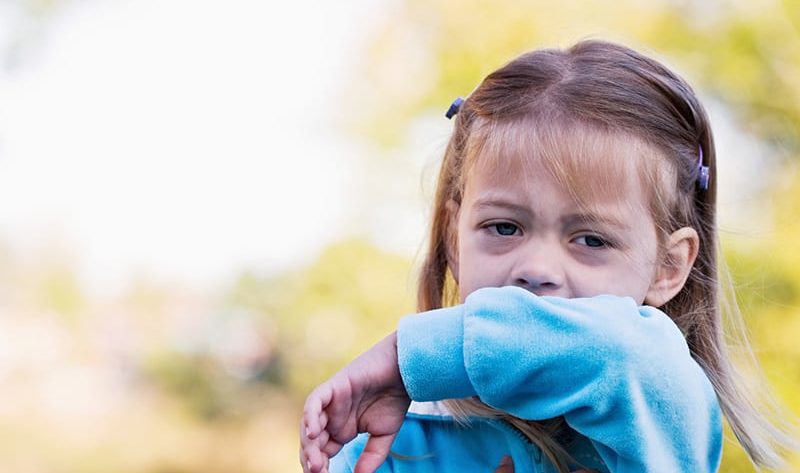Health officials report that so far this year whooping cough has tripled to almost 600 confirmed cases in California. San Francisco, Los Angeles, and the Central Valley have seen the most dramatic increases. Five infants died so far. Whooping cough, also known as pertussis, is a bacterial respiratory illness. It causes severe coughing spasms that can last up to four months.
When babies contract the disease, they usually start out with just a runny nose, sneezing, and a mild or undetectable cough. When they eventually develop the classic “whooping” sound, they can cough all their air out until they lose the oxygen in their blood. As a result, they can pass out and have seizures or convulsions.

Infants are extremely vulnerable when they come in contact with an infected person during their first year because babies cannot get their first of a series of five pertussis shots until they are at least six weeks old. To make matters worse, adolescents and adults with whooping cough seldom have a fever and therefore, the disease is often missed or diagnosed as bronchitis or asthma.
Adults may have retained some immunity against the infection although it decreases over time. If infected with whooping cough, they may have a milder case compared to children. The characteristic “whooping” cough (Stage 2) develops about one to two weeks after infection and lasts just as long in adults as it does in children.
The most common complication and the cause of most whooping cough-related deaths is secondary bacterial pneumonia. One of the current public health strategies to protect infants, known as “cocooning”, is to vaccinate anyone in contact with newborns, such as mothers, fathers, grandparents, caregivers, and siblings.



